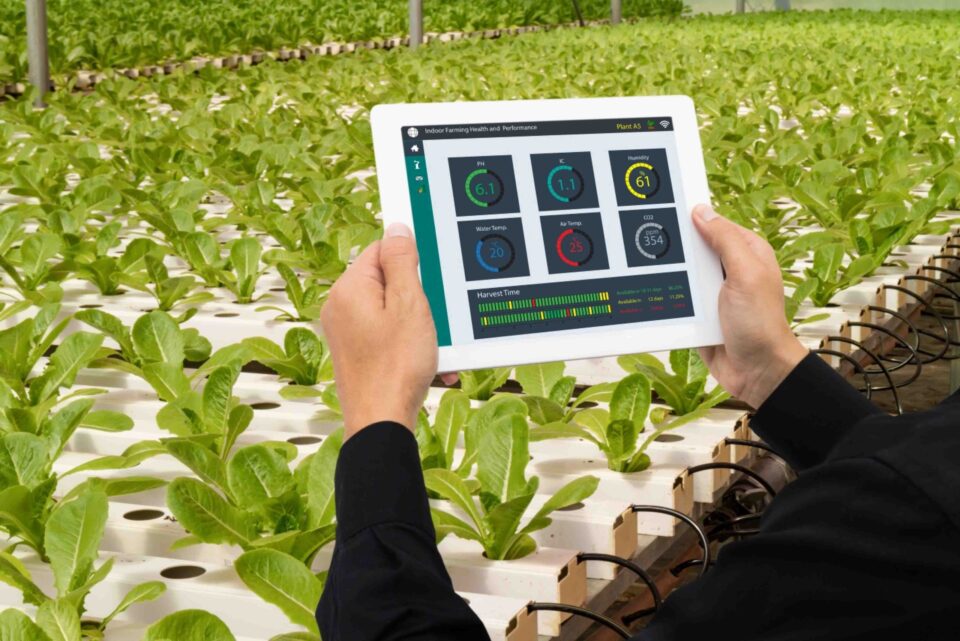Smallholder farmers across Africa benefit from regenerative agriculture through diverse practices but face significant challenges in accessing the technology needed to fully implement these methods. This was the key takeaway from the second Roundtable of African Farmers, co-hosted by the Pontifical Academy for Life, Bayer, Global Farmer Network, World Farmers’ Organization, African Agricultural Technology Foundation (AATF), and Inter-American Institute for Cooperation on Agriculture (IICA). Farmers from Sub-Saharan nations, including Ivory Coast, Lesotho, Mali, Nigeria, Kenya, Rwanda, South Africa, Uganda, and Zambia, engaged with international policymakers and stakeholders to discuss the importance of policies that enable wider adoption of regenerative agricultural practices and improve food security in Africa.
They urged governments to develop policies promoting an outcome-driven, technology-neutral, and evidence-based approach to agricultural solutions. By combining this with better farmer training and support for regenerative practices, productivity can rise while also benefiting the environment. The farmers emphasized the need for a diverse range of modern and traditional tools tailored to local needs, underscoring that there is no one-size-fits-all solution.
“The vast majority of food in Africa is produced by smallholder farmers. It’s crucial to listen to them and understand the immense challenges they face in the face of climate change,” said Debra Mallowah, Head of Africa for Bayer’s Crop Science Division. She noted that collaboration between the private sector, governments, international organizations, and civil society is needed to build infrastructure, conduct research, and foster innovations that will enable these farmers to thrive.
Zambian farmer Elisha Lewanika highlighted the importance of regenerative practices for soil health and crop yields. “Crop rotation, especially between nitrogen-fixing plants and cereals, is key to maintaining soil fertility and ensuring sustainable yields,” he said. Similarly, Matente Kethisa from Lesotho stressed the role of soil conservation in combating climate change, while Nigerian farmer Stella Thomas advocated for the adoption of GMO crops to address drought and pest issues, saying they would enhance both productivity and sustainability.
Amadou Sidibe from Mali shared how greenhouse technology helped his farm mitigate the impacts of climate change, allowing efficient water use and protection against extreme weather.
Despite the benefits of regenerative agriculture, these farmers face barriers such as low public and private R&D investments, high upfront costs for modern technologies, limited access to insurance and credit, and inadequate infrastructure. To overcome these challenges, African farmers are calling on governments to revise policies that will grant access to diverse technologies suited to their needs. They also advocate for low-interest loans, grants, and insurance products aimed at smallholders, encouraging investment in modern technologies and sustainable practices. Expanding education and training, as well as increasing public and private investment in R&D, will help make both traditional and innovative practices more accessible and affordable.
With agriculture employing over 50 percent of Africa’s population and contributing up to 35 percent of its GDP, the importance of improving productivity while ensuring environmental sustainability cannot be overstated.


